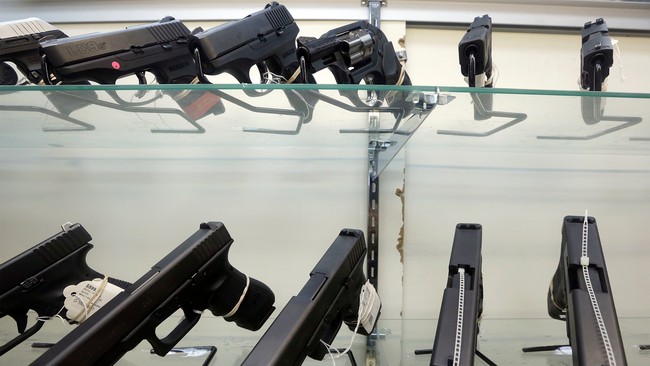Eight years ago, a 13-year-old boy in Pennsylvania named J.R. Gustafson lost his life after his 14-year-old friend picked up a firearm, pointed it at the teen, and pulled the trigger. The 14-year-old maintained that since the magazine had been removed he thought the gun was unloaded, not realizing there was still a round in the chamber.
The 14-year-old was ultimately adjudicated on a charge of involuntary manslaughter in juvenile court, but Gustafon’s parents also brought a civil lawsuit against gun maker Springfield Armory and Saloom Department Store, which sold the pistol to its lawful owner. The Gustafons claimed the design of the pistol was defective, and accused the manufacturer and FFL of negligent design and sale, as well as negligent warnings and marketing in relation to the gun, arguing that their actions were the proximate cause of their son’s death.
A trial court threw out the lawsuit after opining that this type of litigation is prohibited under the federal Protection of Lawful Commerce in Arms Act, but an en banc panel of the state Superior Court reinstated the lawsuit and remanded the case back to the lower court for further proceedings. The Pennsylvania Supreme Court, however, has now once again dismissed the lawsuit under the PLCAA.
In a unanimous decision, the Court held that PLCAA is constitutional under the Commerce Clause and the Tenth Amendment of the United States Constitution and principles of federalism, and dismissed the Gustafson’s lawsuit with prejudice. You can read the Court’s opinion here, but the big takeaway is that ever single justice agreed that the Protection of Lawful Commerce in Arms Act is a valid statute, and one that doesn’t only apply to lawsuits brought in federal court.
Losing a child is a pain unlike any other, but the tragic death of J.R. Gustafson was the fault of the teen who picked up a gun, pointed it at his friend, and pulled the trigger without ever checking to see if there was a round in the chamber. As the Court noted, a section of the PLCAA sttes that “where the discharge of the product was caused by a volitional act that constituted a criminal offense, then such act shall be considered the sole proximate cause of any harm.” In other words, neither Springfield Armory nor the department store that sold the pistol at retail should be held responsible for the criminal acts of a third party.
The National Shooting Sports Foundation applauded the Pennsylvania Supreme Court’s decision, with senior vice president and general counsel Larry Keane stating that while the organization is sympathetic to the “heartbreaking loss the Gustafson family suffered, this tragic incident was the result of the criminal misuse of the firearm and the irresponsible negligence of the owner of the firearm who failed to safely secure it to prevent unauthorized access by an unsupervised juvenile,” adding that the court’s “unanimous decision shows, once again, that the PLCAA is solidly rooted in foundational tort law.”
Trying to hold the gun maker and FFL responsible for Gustafson’s tragic death would be like suing a beer maker and the grocery store that sold a 12-pack to someone who drove drunk and killed someone with their car, and cases like this are precisely the reason why Congress approved the Protection of Lawful Commerce in Arms act on a bipartisan basis twenty years ago. The Pennsylvania Supreme Court made the right call here, and the unanimity of the decision suggests it wasn’t a particularly difficult decision for the justices to reach.
Read the full article here


